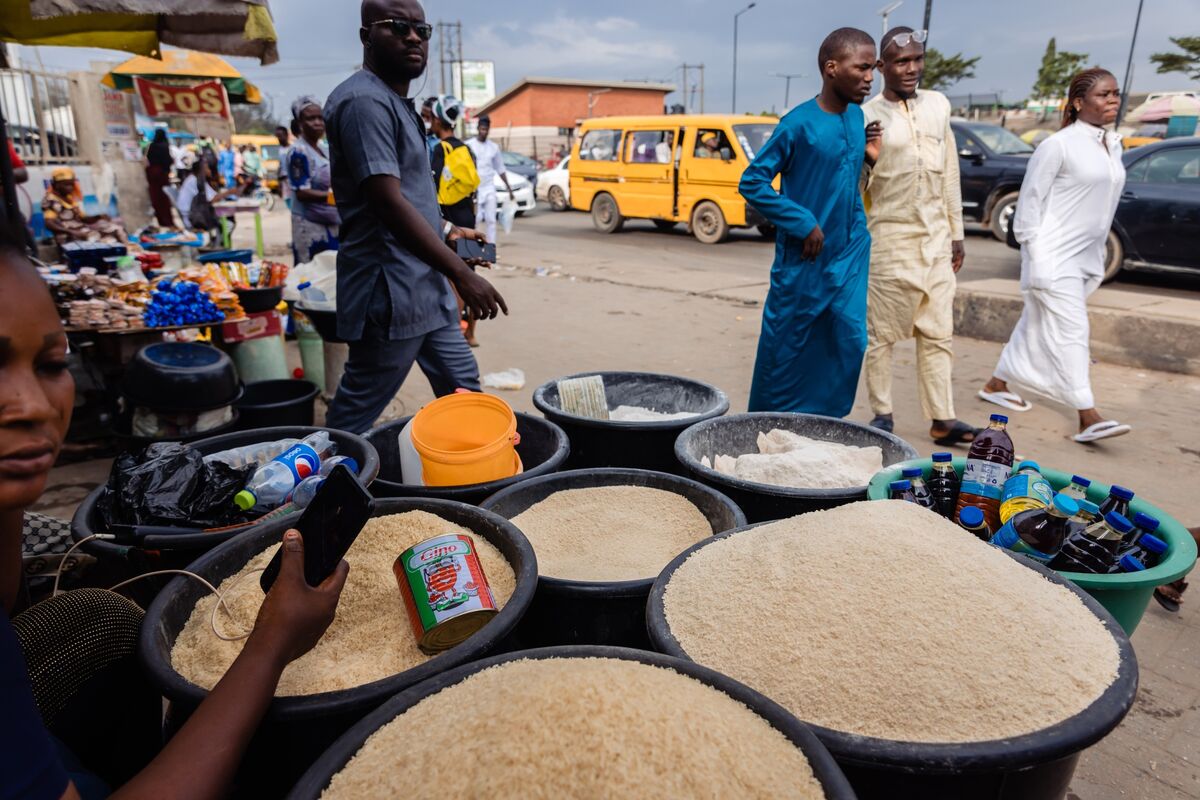As Nigeria’s economic rollercoaster continues its unpredictable trajectory, the latest reports show a staggering climb in consumer prices, marking a 27-year high. In a dramatic turn of events, the inflation rate in Nigeria soared to a jaw-dropping 28.9% this December. This isn’t just a number; it’s a reflection of a series of cascading economic challenges, making life increasingly difficult for its citizens.
The root of this inflation spike can be traced back to the recent cessation of fuel subsidies, a decision that has sent transportation costs skyrocketing. Add to this the weakening naira, and you have a recipe for financial turmoil. The National Bureau of Statistics, not known for sugarcoating, presented these figures with a stark clarity that sends a clear message: Nigeria’s economy is on a tightrope.
Navigating the Inflation Tsunami
Amidst this economic storm, the Central Bank of Nigeria faces a Herculean task. Keeping inflation within their preferred bracket of 6% to 9% has been a Sisyphean endeavor since 2015. Now, they’re staring down the barrel of potentially massive rate hikes in the first half of the year. This isn’t just about adjusting numbers; it’s about reining in a runaway economy before it’s too late.
But it’s not all doom and gloom. The World Bank, in its recent report, forecasts a ray of hope for Nigeria. With expectations of a 3.3% economic growth this year and an even brighter 3.7% in 2025, it seems there might be light at the end of this turbulent tunnel. This growth is anticipated to be driven primarily by sectors such as agriculture, construction, services, and trade. However, the journey to pre-pandemic income levels is a marathon, not a sprint, with 2025 set as the finish line.
A Crisis at the Dinner Table
Now, let’s talk food – or the lack thereof. Food inflation has taken a particularly nasty turn, reaching an alarming 33.93% year-on-year. This isn’t just a statistic; it’s the difference between a full meal and an empty stomach for millions. The National Bureau of Statistics points to the usual suspects: bread, cereals, oil, fat, and other staples that have become luxury items for many Nigerians.
President Bola Tinubu’s declaration of a state of emergency on food security six months ago seems almost prophetic now. His call for synergy between the Ministry of Agriculture and the Ministry of Water Resources reflects an urgent need to irrigate farmlands consistently, ensuring that food production isn’t just a seasonal affair. The proposed National Commodity Board is expected to play a crucial role in stabilizing food prices, but it’s a race against time.
As Nigeria grapples with these economic upheavals, the path ahead is fraught with challenges. But it’s not insurmountable. With strategic planning, robust economic reforms, and a relentless focus on agriculture and trade, Nigeria can navigate through these turbulent waters. It’s a test of resilience for Africa’s giant, and the world is watching.





